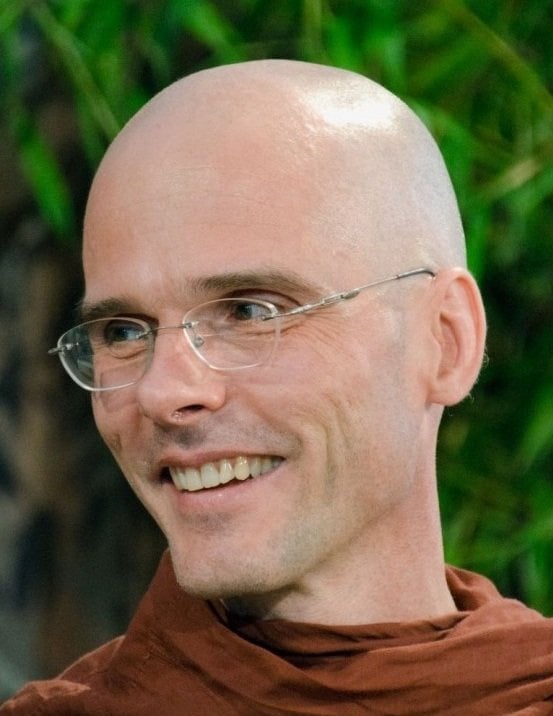
Armed with his rigorous examination of the canonical records, respected scholar-monk Bhikkhu Anālayo explores—and sharply criticizes—four examples of what he terms “superiority conceit” in Buddhism:
- the androcentric tendency to prevent women from occupying leadership roles, be these as fully ordained monastics or as advanced bodhisattvas
- the Mahayana notion that those who don’t aspire to become bodhisattvas are inferior practitioners
- the Theravada belief that theirs is the most original expression of the Buddha’s teaching
- the Secular Buddhist claim to understand the teachings of the Buddha more accurately than traditionally practicing Buddhists
Ven. Anālayo challenges the scriptural basis for these conceits and points out that adhering to such notions of superiority is not, after all, conducive to practice. “It is by diminishing ego, letting go of arrogance, and abandoning conceit that one becomes a better Buddhist,” he reminds us, “no matter what tradition one may follow.”
Thoroughly researched, Superiority Conceit in Buddhist Traditions provides an accessible approach to these conceits as academic subjects. Readers will find it not only challenges their own intellectual understandings but also improves their personal practice.
BOOK INFORMATION- Hardcover
- 184 pages, 9 x 6 inches
- ISBN 9781614297192
ABOUT THE AUTHOR

Bhikkhu Anālayo is a scholar of early Buddhism and a meditation teacher. He completed his PhD research on the Satipaṭṭhānasutta at the University of Peradeniya, Sri Lanka, in 2000 and his habilitation research with a comparative study of the Majjhimanikāya in light of its Chinese, Sanskrit, and Tibetan parallels at the University of Marburg, Germany, in 2007. His over five hundred publications are for the most part based on comparative studies, with a special interest in topics related to meditation and the role of women in Buddhism.
Other books by Bhikkhu Anālayo:
The Perfection of Wisdom in First Bloom
The Signless and the Deathless
Daughters of the Buddha
Early Buddhist Oral Tradition
Abiding in Emptiness
Rebirth in Early Buddhism and Current Research
199 Elm Street
Somerville, MA USA
https://wisdomexperience.org/contact/

